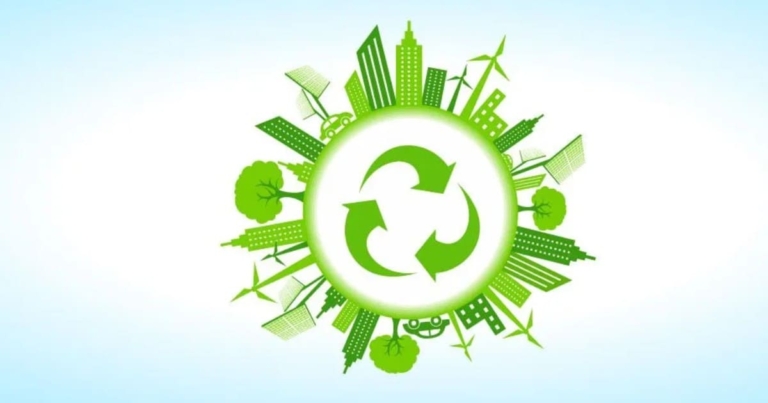The National Mission on Bio-economy was launched in Shillong, Meghalaya by the Institute of Bio-resources and Sustainable Development (IBSD). National Mission On Bio-economy is mainly to boost rural economy of India by utilizing bio-resources. It also focuses on sustainable utilisation of renewable biological resources for food, bio-energy and oil-based products through knowledge-based approaches.
Bio-economy is a new concept and few countries like US, Canada, European Union and Australia have started initiatives in this field. The Institute of Bio-resources and Sustainable Development functions under the Department of Biotechnology, Union Ministry of Science and Technology.
This new model of Bio-economy is mainly to exploit untapped biological waste and residual materials. It produce food, feeds, energy and industrial products from renewable biological resources. To achieve sustainability, we need a transition from fossil fuel economy to Bio-based economy. Even though Non-Renewable resources like Petroleum, Coal and Natural Gas are organic materials, it take millions of years to form. For the past 200 years mankind has been taking non- renewable resources and not being replaced for future generations. But materials and products from renewable resources or bio-resources that are replaced at least at the amount that they are consumed. Renewable resources do not take much time to replace so that these can be saved for future generations. The Earth is running out of non-renewable energy and fossil fuels like Petroleum, Coal, Natural Gas and Uranium for nuclear energy. Approximately 80 percent of total global energy consumption every year come from fossil fuels. It is mainly due to its availability and cheap to process. It is energy-rich but limited supply and also burning these fossil fuels emit carbon dioxide into the atmosphere is the main cause of global warming. Alternative energy from renewable resources is the only possible solution to the depletion of our fossil fuels or non-renewable resources.


Add a Comment